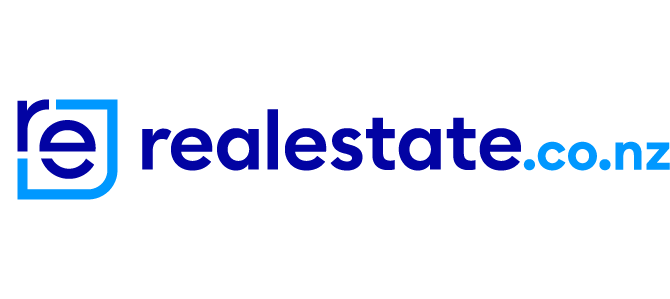Getting an idea of a property valuation when selling or looking to purchase can be quite a daunting exercise. You want to make sure you don’t charge too little or pay too much, and almost everyone will have their opinion.
We talked to Ben Pauley and the team at Lateral Partners about the three most common valuation methods, where they may be appropriate and how they are used.
Lateral Partners is an experienced mortgage broking business known for their expertise in residential, commercial, and development lending.
1. Rateable / Council Valuation
What is it?
This is the property valuation that is most commonly referred to and often mentioned in the media or by those who own real estate. The Rateable or Council valuation is the value attributed to your property by the council. It is a measure of your property’s value at a fixed point in time (normally every 3 years) and is used to allocate your share of rates and any other relevant costs.
How is it calculated?
Approximately every three years, the council employs an agency similar to QV to prepare the council valuations. QV will then begin a process of reviewing a wide range of sale and property data and some physical inspections before attributing values to the properties.
There is an objection process if you disagree with the valuation provided. Some detail of this process is captured here.
Is it accurate?
The property valuation is completed using a very simple method primarily using large datasets. Properties aren’t often physically inspected; rather, the agency will look at sale data and general land and construction details.
The property valuation is also done at a specific point in time which can be up to three years ago.
Lateral Partners often eschew much reliance on the Council Valuation because, while it is likely somewhat accurate at the time it was issued, it isn’t detailed and can quickly be outdated.
How can I find out what the Council or Rateable Value is?
This information is normally easy to find online and the QV website itself has a search tool that will give you this information.
2. Real Estate Agent Appraisal or Comparative Market Analysis (CMA)
What is it?
Another method used to estimate a property’s value is a real estate agent appraisal or CMA. According to Paul, Lateral Partners use these items interchangeably because real estate appraisals are now often driven using online tools to create a Comparative Market Analysis Report (CMA).
How is it calculated?
A CMA is a report that is created using an online platform such as Relab or CoreLogic. These platforms allow you to easily identify recent sales in a predetermined radius (say 2 km) that are similar to the property you are valuing. You can then create the report, including comparable properties, to get an idea of value.
Tools like Relab are designed for real estate agents to assist them with creating appraisals and collating detail on properties.
Is it accurate?
Lateral Partners explains that while this takes a slightly more scientific approach than the Rateable or Council Valuation process, it does have some drawbacks. Being able to directly compare recent sales and control the search radius can help ensure some level of accuracy when establishing a value.
It is also helpful that you can complete one at any time, ensuring it is current.
However, it is still just a collation of online data, which can have drawbacks. It is often less accurate than a formal property valuation (explored next).
How can I secure an appraisal or CMA?
If you are working or speaking with an agent, you can ask them to give you an appraisal and many will present you with a CMA or appraisal using those methods.
However, if you are looking to do this yourself there are plenty of online services that can help you do this. The more prominent are Relab and CoreLogic, however, websites like QV use similar algorithms to provide estimates.
3. Registered Valuation
What is it?
A registered valuation is an assessment of the property’s market value by a professional valuer. It is an unbiased and independent assessment of the market value of the property.
How is it calculated?
The valuer will visit and inspect the property before carrying out some market research into the area and recent sales. They may use a different method for valuation, however the most common is a market comparison.
The valuer will also comment on the location, current macroeconomic market, interest rates and other economic indicators.
They will use all these items to establish a view on what the market value of the property is. They will consider all the above before drawing a conclusion on value.
Is it accurate?
This is the most accurate form of valuation you can secure. It is completed in detail by someone who is trained and with expertise in the area. It is important to pick the right valuer for the property.
The downfall is that it will ‘age’, is set at a certain point in time and not easily updated as a CMA or equivalent would be. However, that also speaks to its accuracy.
It should be noted, however, that the best judge of a property's value is what a willing buyer and seller are willing to exchange the property for.
How can I secure a Registered Valuation?
Registered Valuations are required to be completed by a Registered Valuer. Lateral Partners recommend finding one that is local to your area (city, not suburb).
There is a cost for a registered valuation. For a standard property it is normally between $900 - $1,250. More valuable or complex properties may cost more. Your bank or lending institution may require you to procure one and may recommend the provider.
This is in place to ensure that the valuation remains impartial and unbiased.
This post is sponsored by Lateral Partners, an experienced financial advisory firm specialising in commercial and residential lending.
Please read their Disclaimer Statement for more information.
04 Sep 2024

